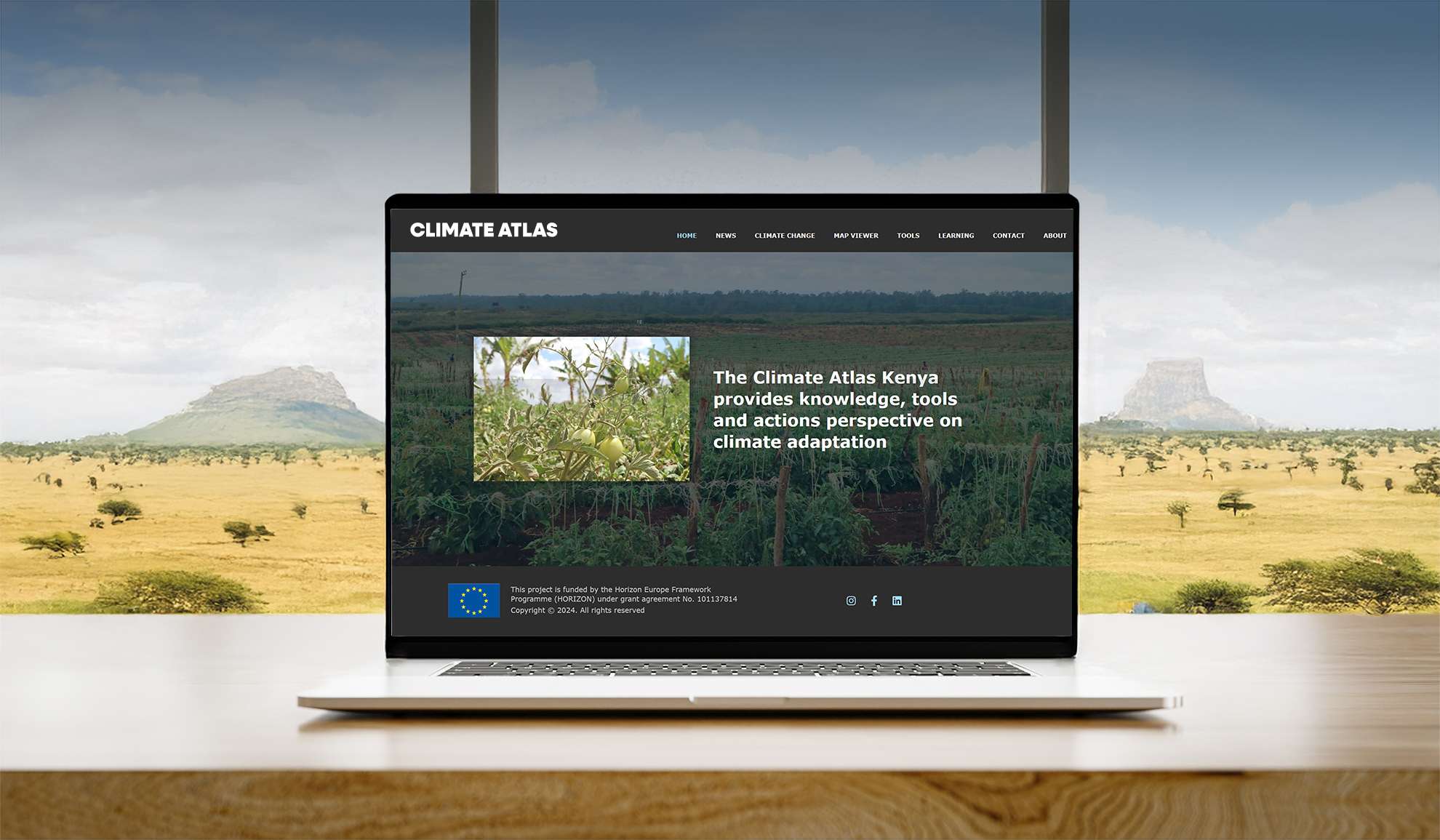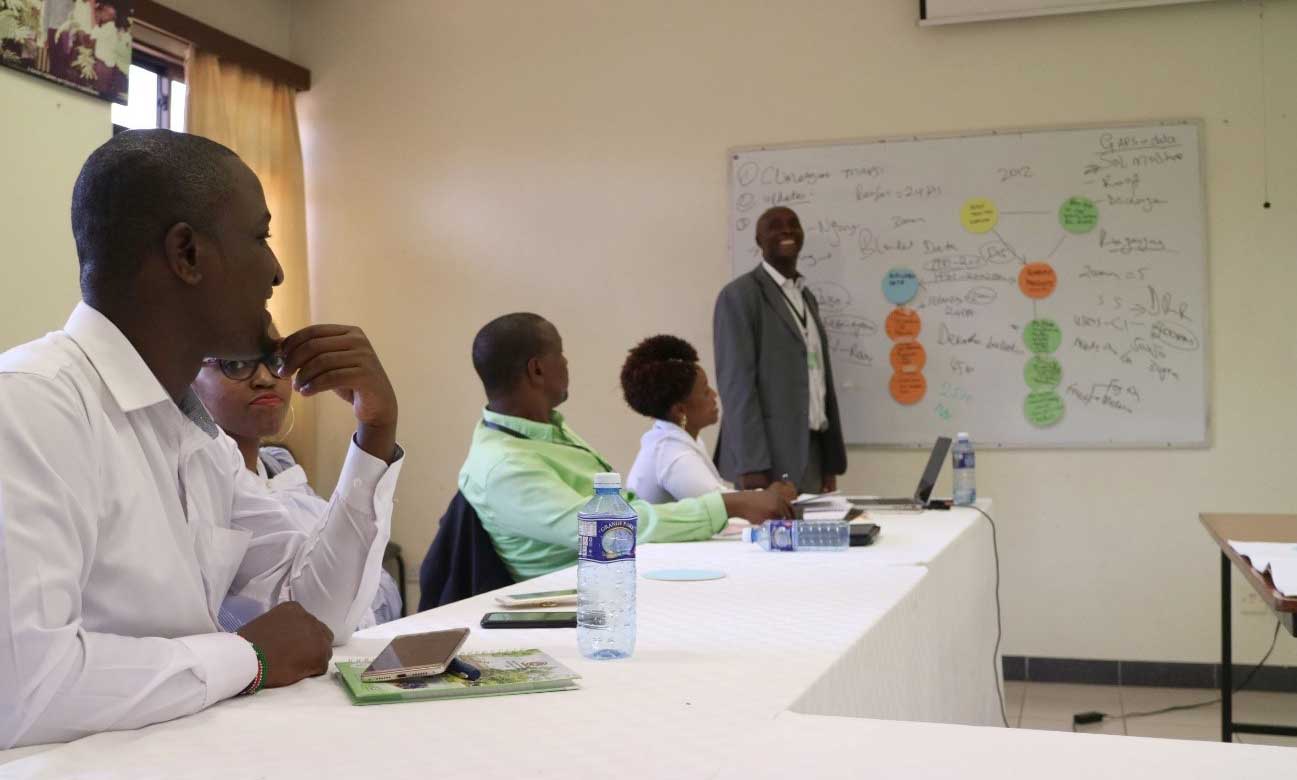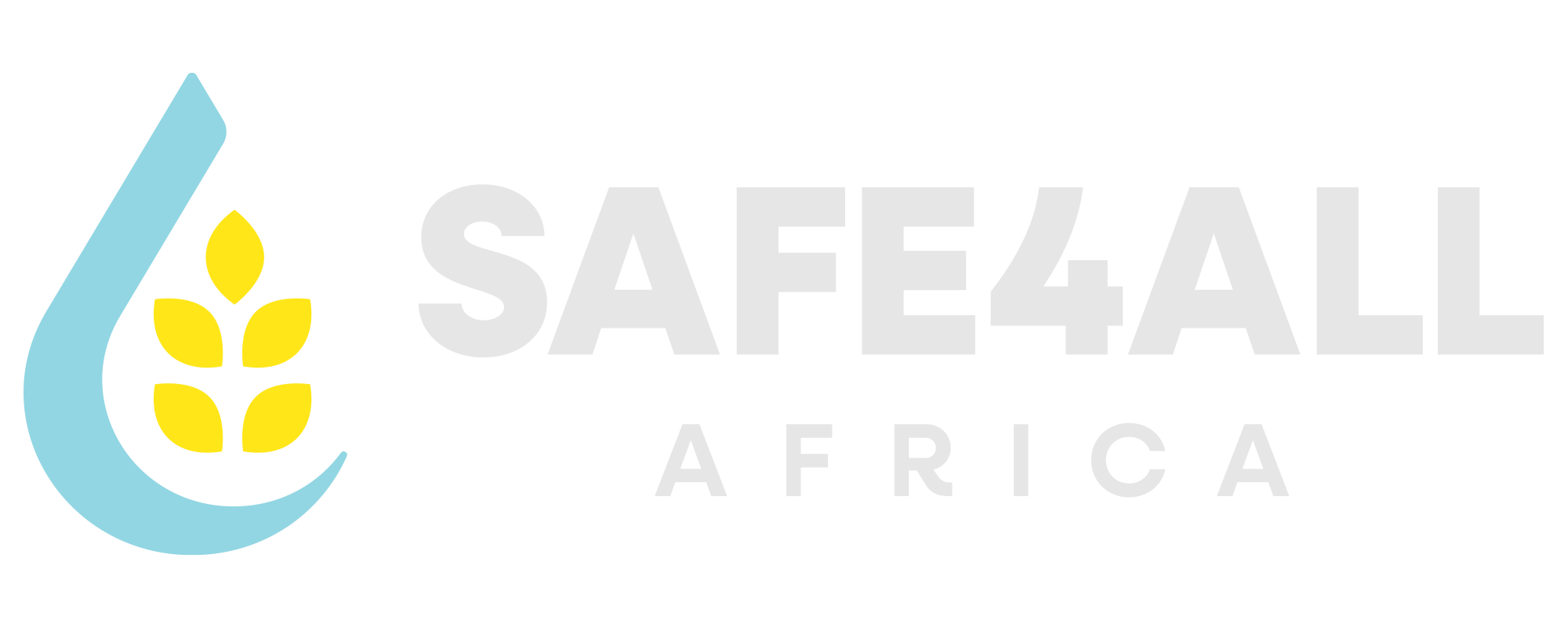African Climate Atlases empower local practitioners for sustainable climate adaptation
December 30, 2024

Kenya, Ghana, and Zimbabwe face serious challenges caused by climate change. To address these issues, the SAFE4ALL project collaborates with local partners to create Climate Atlases for these regions. These atlases serve as a one-stop resource for climate information, tailored specifically for policymakers and agricultural advisors. By providing accessible data, tools, and local knowledge, the Climate Atlases simplify complex science, making it practical and actionable to help practitioners adapt to changing conditions.
The Climate Atlas translates data into interactive maps
The Climate Atlas brings data to life through interactive maps. Its Critical Threshold tool transforms complex information into clear, easy-to-use visuals. Local experts and practitioners can utilize this tool to plan smart solutions for their communities. For example, the atlas can identify the best times of the year to plant crops for improved harvests or suggest strategies to mitigate the impacts of heavy rains or droughts.

The Climate Atlas provides relevant knowledge
The Climate Atlas offers an overview of essential information about climate change. Users can explore how the climate is changing, what it means for agriculture, and what steps they can take to prepare. Additionally, the atlas highlights how climate change influences migration from rural to urban areas. Soon, it will feature stories from local farmers, sharing how climate change has affected them and the strategies they’ve adopted to adapt.

The Climate Atlas offers learning materials
The Climate Atlas includes educational modules. The Kenyan atlas, for instance, already features content on topics such as an introduction to climate change, its effects, its impact on agriculture, and future projections. More learning materials will be added as the SAFE4ALL project progresses, covering topics like climate resilience fundamentals. These resources aim to equip practitioners with the knowledge needed to adapt and plan effectively for the future.
The Climate Atlas displays tools and demonstrators
The Climate Atlas showcases tools developed through the SAFE4ALL project to help farmers, extension workers, and policymakers implement climate adaptation measures. These tools are tailored to meet local needs and strengthen resilience to climate change. Users can explore demonstrators to see these tools in action in real-world scenarios and draw inspiration.
Ensuring sustainability and local ownership
The ultimate goal is for local African partners to independently manage the Climate Atlases in the future, ensuring sustainability and fostering local ownership.
You can explore the Kenyan Climate Atlas here. The first version of the Climate Atlas was developed in 2019 through the Copernicus Climate Change Service (C3S). A team, including Climate Adaptation Services, the Swedish Meteorological and Hydrological Institute, Wageningen Environmental Research, and Jomo Kenyatta University of Agriculture and Technology, created the atlas for small-scale farmers and trained agricultural officials. They utilized freely available climate data from C3S. The atlas was further refined with support from the Orange Knowledge Programme.

Climate Adaptation Services (Netherlands)
is a leader in bridging the gap between climate science and practical solutions for a resilient future. With a focus on collaboration and innovation, CAS transforms complex climate data into accessible tools that empower decision-makers. By connecting scientists, governments, and practitioners, CAS builds the knowledge infrastructure needed to address the challenges of climate change. As a key partner in the SAFE4ALL project, CAS develops climate atlases, data-driven storytelling, and hands-on learning programs to enhance resilience at local and global levels. Their work supports communities and organizations in integrating climate adaptation into daily practices, driving sustainable impact worldwide.
